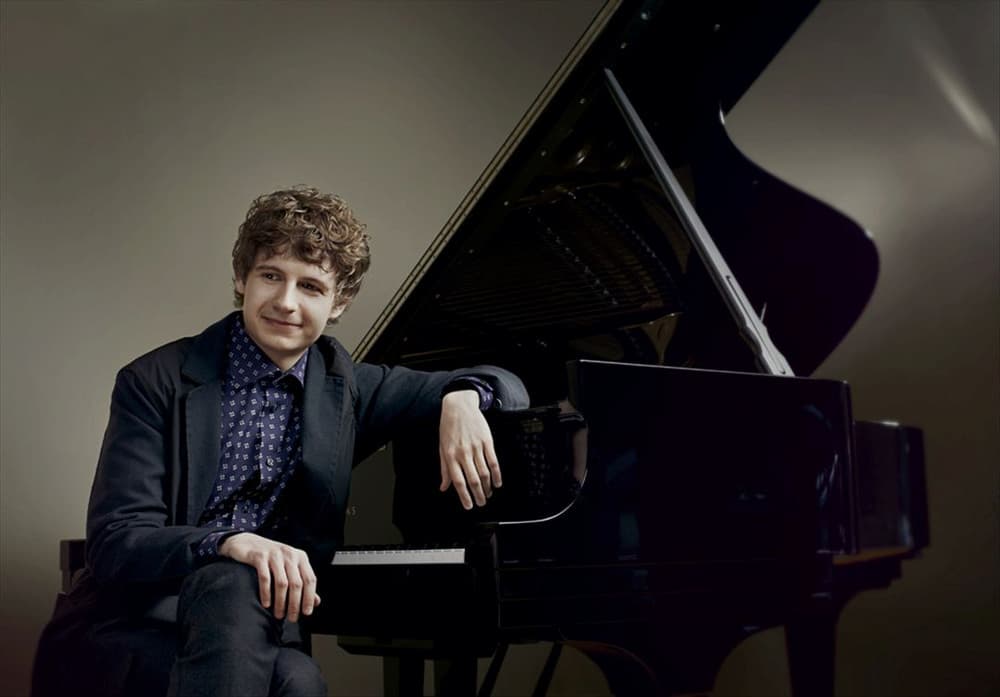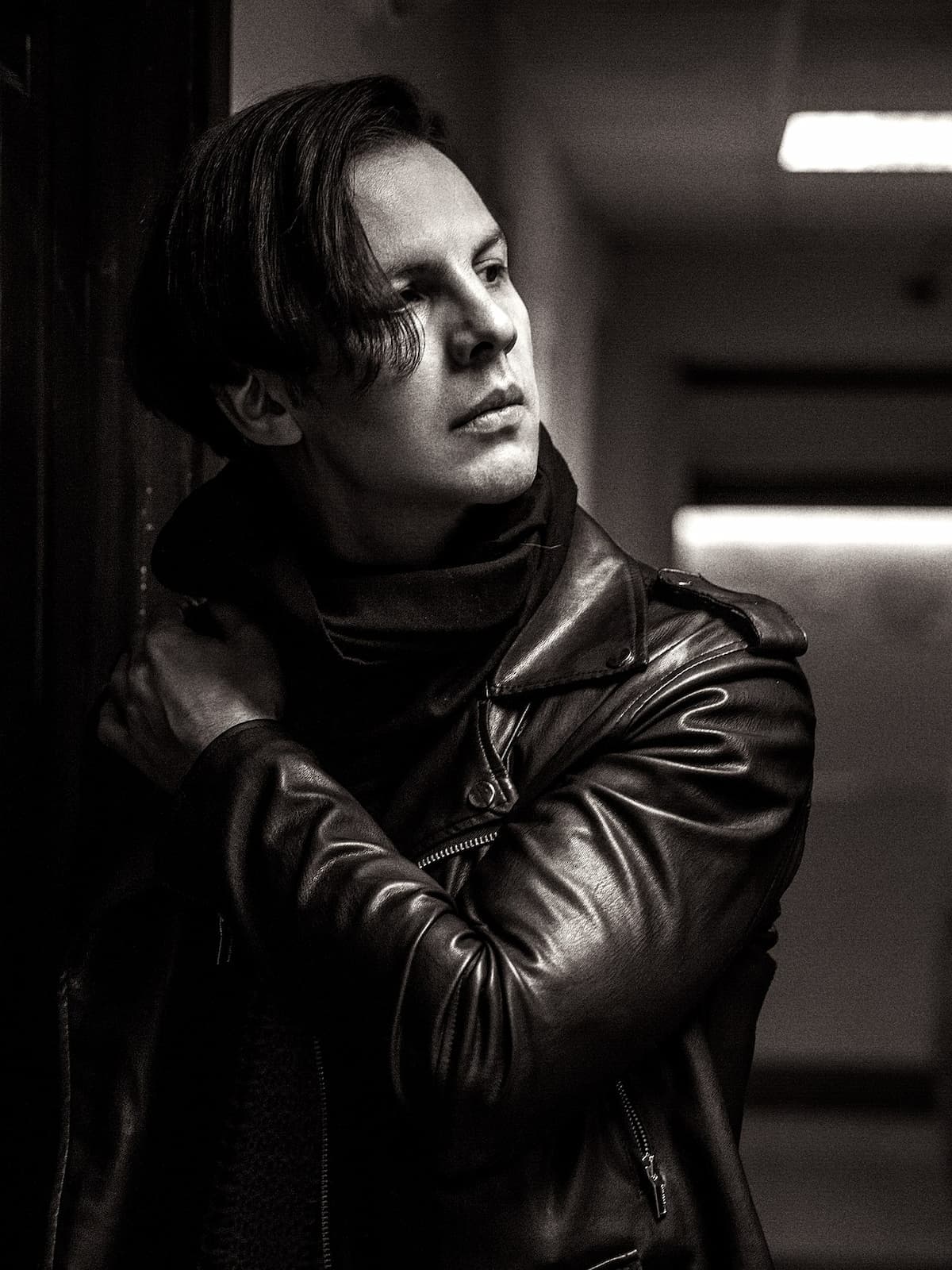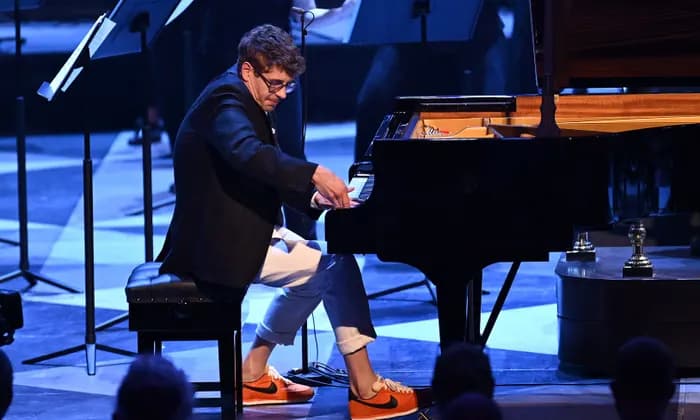Born in the Siberian city of Novosibirsk on 25 February 1989, Pavel Kolesnikov studied both the piano and violin for ten years, before focusing on the piano. A graduate of the Moscow State Conservatoire he won several major piano competitions before moving to London. He signed for Hyperion Records in 2014, and his playing is described as containing “tremendous clarity, unshakable musicality, and considerable beauty.”
Pavel Kolesnikov Plays Bach’s Goldberg Variations (excerpts)
Novosibirsk
During the second half of the 20th century, the Siberian city of Novosibirsk became one of the largest industrial centres in the country as many factories and scientists relocated from other parts of Russia. It almost follows that Pavel Kolesnikov’s parents are scientists and not musicians, but they were always interested in music. As Pavel remembers, “there was always much music in the house and my father even composed some songs for my mother.”

Pavel Kolesnikov
The family owned an upright piano, and young Pavel was fascinated by the sound. However, as he told in an interview, his path to music started at a symphonic concert around the age of 6. According to Kolesnikov, “the soloist was wearing a purple velvet dress, an unbelievable hue of purple. I’d never seen a colour more sumptuous… and I decided I wanted to play the violin. That’s how my path in music started – I am afraid, because of a velvet dress!”
Sensory Obsession
Kolesnikov openly confesses to having “a weird hobby,” as he is fascinated by vintage perfumes. “Collecting them, not wearing them.” This obsession goes back to his childhood as he was always interested in smells and he asked his mother to buy miniature versions of perfumes. “I got interested in how perfumes work, what is in them, and how they are put together. It is a very complex science and it would be one of my greatest dreams, if I wasn’t a pianist, to be a parfumier.”
For Kolesnikov, perfume is a bit like music as “the most important aspect is the balance and interrelation between the component parts and the ultimate form and composition of the finished product.” The same essential relationship exists with music, “let the oxygen in, and wonderful, unexpected things start to happen.”
Ludwig van Beethoven: Piano Sonata No. 10 in G Major, Op. 14, No. 2 (Pavel Kolesnikov, piano)
Inspiration and Mentors
Kolesnikov had a normal childhood and went to a normal music school. He considers himself lucky that his teachers gradually directed him towards music. “It is difficult to remember the exact moment when I decided to become a professional musician, but it was probably when I was 15 or 16 years old.” His first musical idol was Sviatsolav Richter, but his first big musical moment came from meeting Teodor Currentzis.

Teodor Currentzis © Wikipedia
Currentzis became musical director of “Musica Aeterna” in Novosibirsk in 2004. He started picking students from the Conservatory for his orchestra, “and I was able to play some rehearsals as a violinist.” As Kolesnikov explains, “I never before encountered a musician like that, I never saw that kind of attitude towards music, work ethic, and such clarity of vision.”
Louis Couperin: Suite in D Minor (Pavel Kolesnikov, piano)
Ideas-driven Performer

In the end, Kolesnikov felt more comfortable with the piano, and he had an amazing first piano teacher in Olga Gvozdeva. She knew that 99 percent of her students were not going to make music professionally, so there was no point in torturing them with exercises. She thought that her main role was to lead them into the world of music and to give them an opportunity to understand and love it.
During his years at the Moscow Conservatory Kolesnikov fell under the spell of Pavel Nersessian, “a formidable personality and a very unique musician.” He subsequently studied at more or less the same time in Moscow, Brussels, and London, commuting between cities and teachers. From a variety of different teachers and teaching traditions, he came to understand that there are no similar opinions on the same subject. Kolesnikov considered it “madness, but maybe the best thing,” as he had to constantly evaluate and come up with his own ideas and solutions.
For more of the best in classical music, sign up for our E-Newsletter
